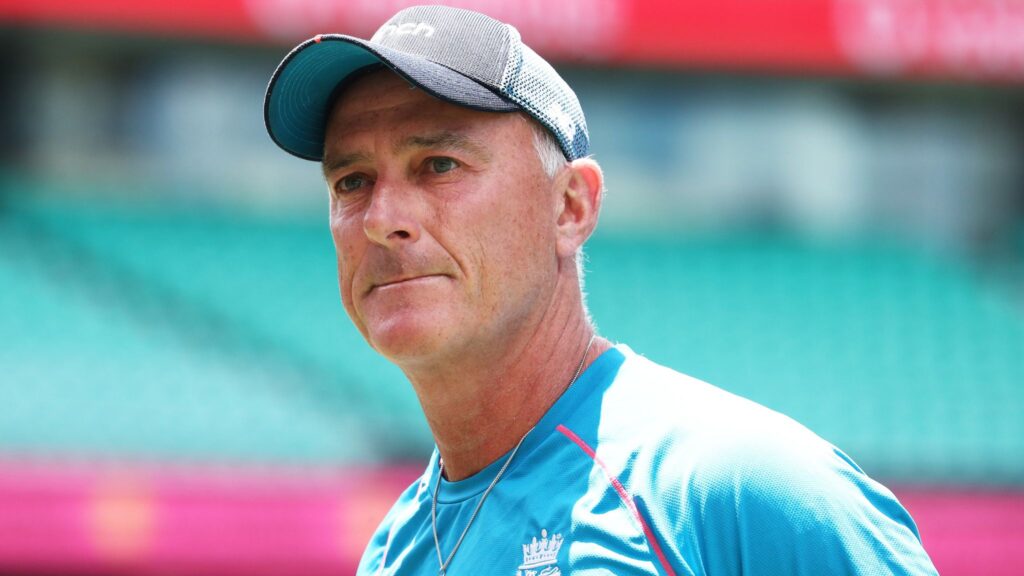Graham Thorpe’s widow has said he might still be alive if the England and Wales Cricket Board (ECB) had provided more comprehensive support after he left his coaching role.
Thorpe, one of England’s most respected batters and assistant coach until 2021, tragically took his own life last August following a prolonged battle with anxiety and depression. In an inquest earlier this year, it was revealed that Thorpe had “spiralled into depression” after leaving his role as a batting coach in 2022. The coroner highlighted shortcomings in the care he received from health professionals in the months leading up to his death and ruled it a suicide.
Thorpe had been undergoing therapy for his mental health for 18 months prior to leaving the ECB. While the organisation had funded his treatment, hospital stays, and extended his health insurance after he departed in February 2022 following England’s Ashes defeat in Australia, his widow argues that this support fell short of what was needed.
Amanda Thorpe told media outlets that losing his role left him feeling disconnected and isolated. “If the entire rug of his cricketing career had not been pulled from under him so completely, it is really clear to me that he would still be alive. It would have made all the difference,” she said.
She emphasized that the remote support provided by the ECB was inadequate. “As he went through these sessions, it was clear that he wasn’t coping. He was getting worse. We really did ask for help. I knew he needed more help than that, and it wasn’t forthcoming,” Amanda added.
She also described the transition out of professional cricket as a “cliff” that contributed to his mental breakdown. Amanda believes that a more robust support framework during this period could have helped Thorpe feel connected and eased his adjustment, potentially preventing the tragedy.
The loss of Thorpe has deeply affected the cricketing community. His widow’s call for more proactive and personal mental health support highlights a broader conversation about how professional sports organisations care for athletes and coaches during career transitions.
Amanda’s plea underlines the importance of mental health awareness, early intervention, and ensuring former players are not left to navigate post-career challenges alone.

